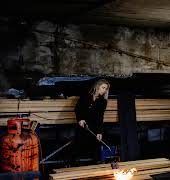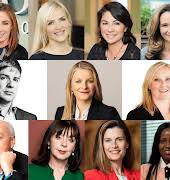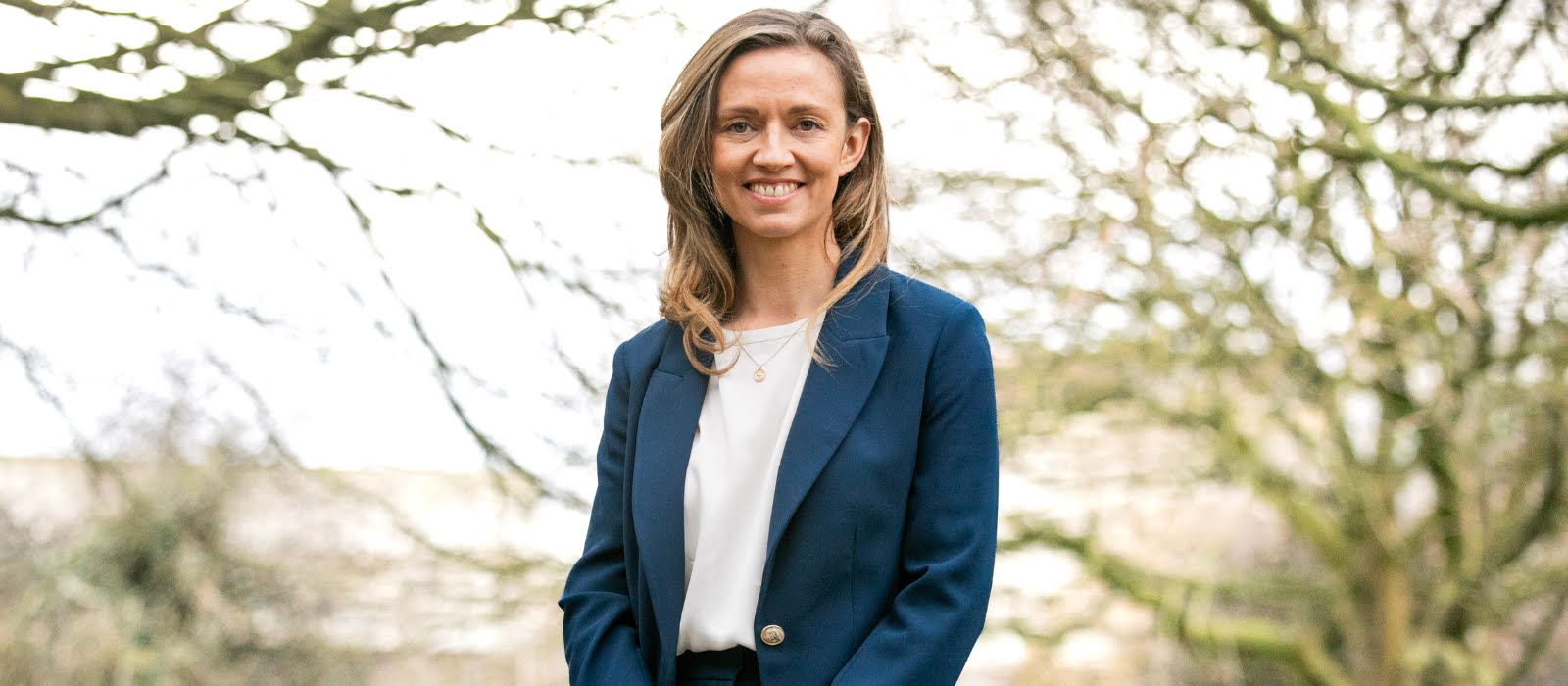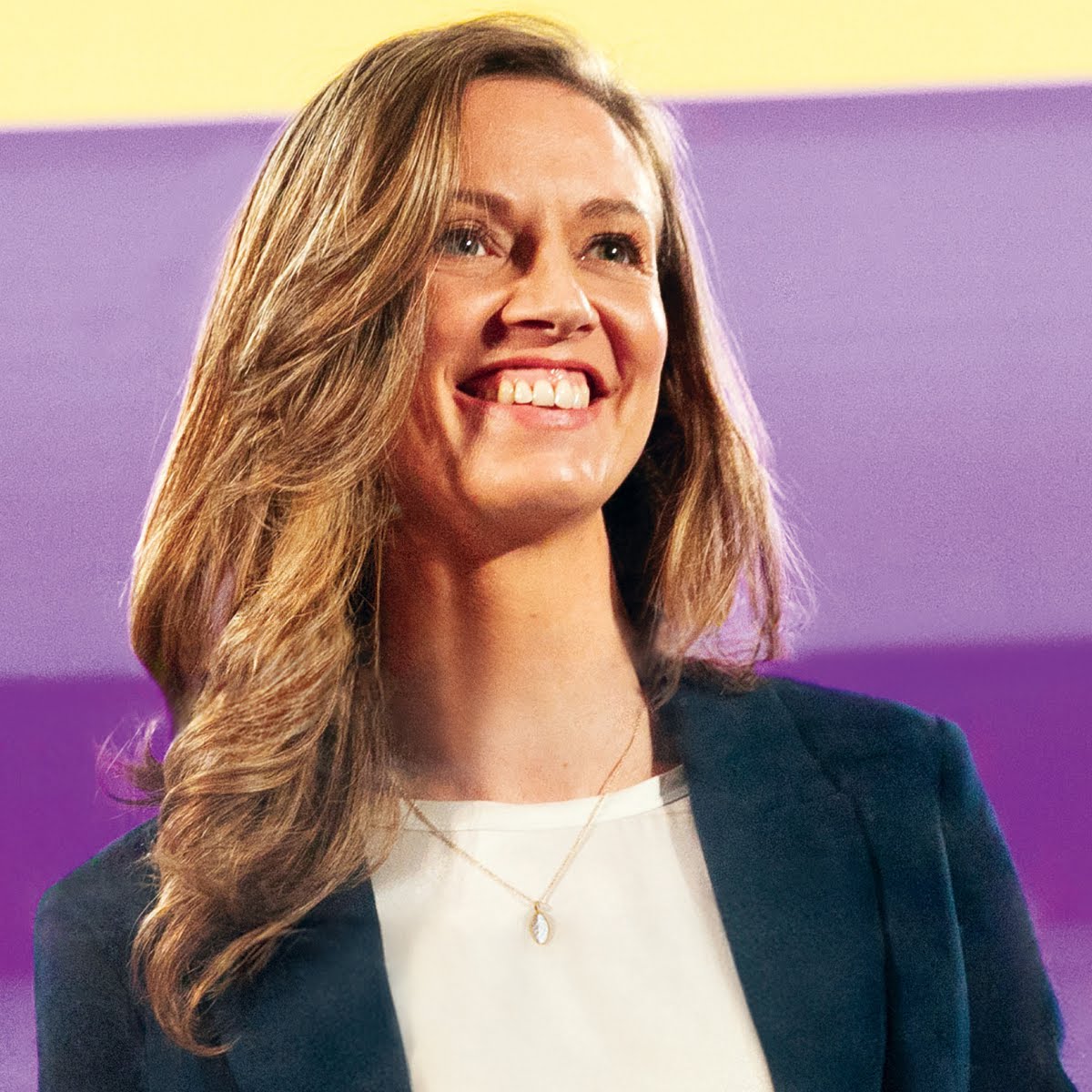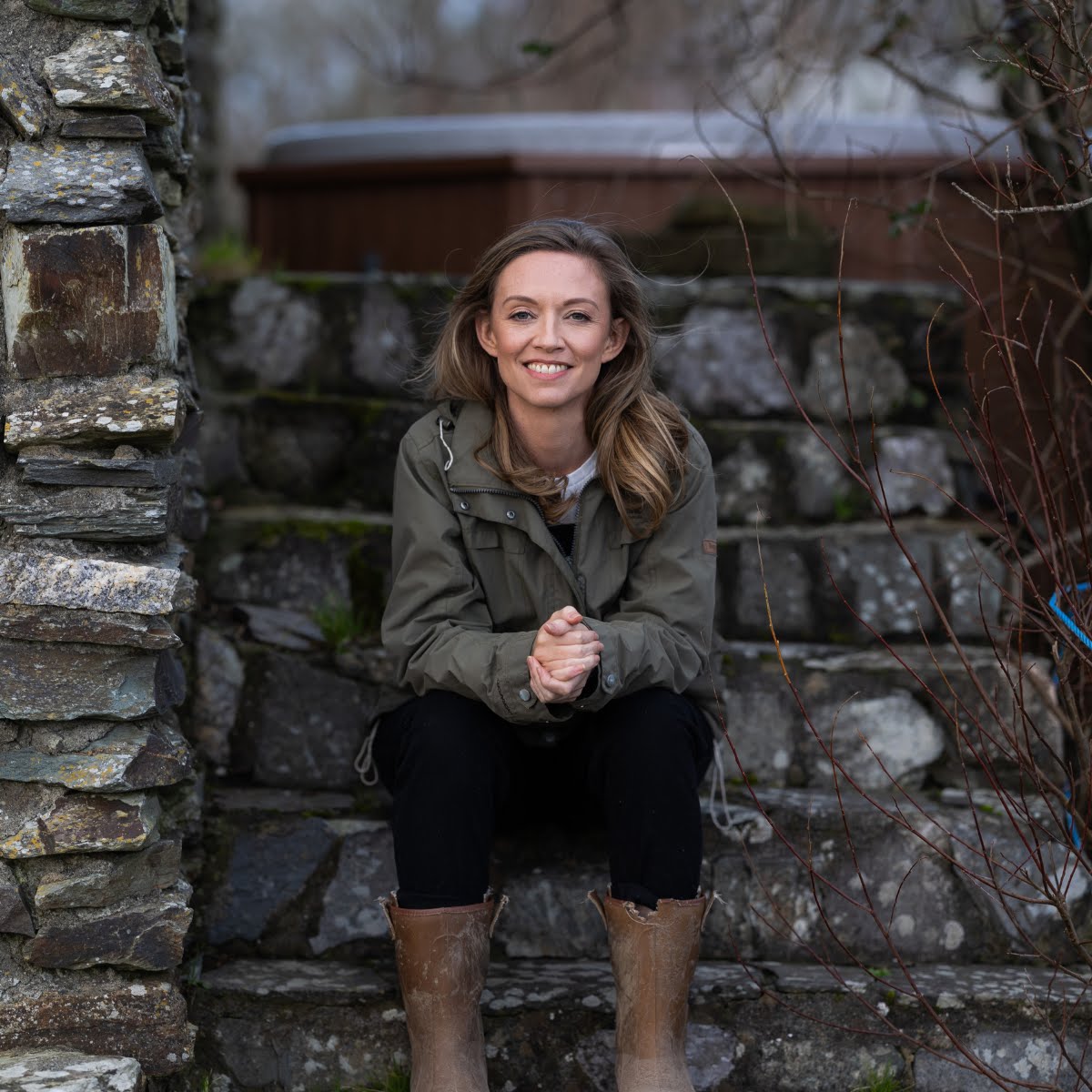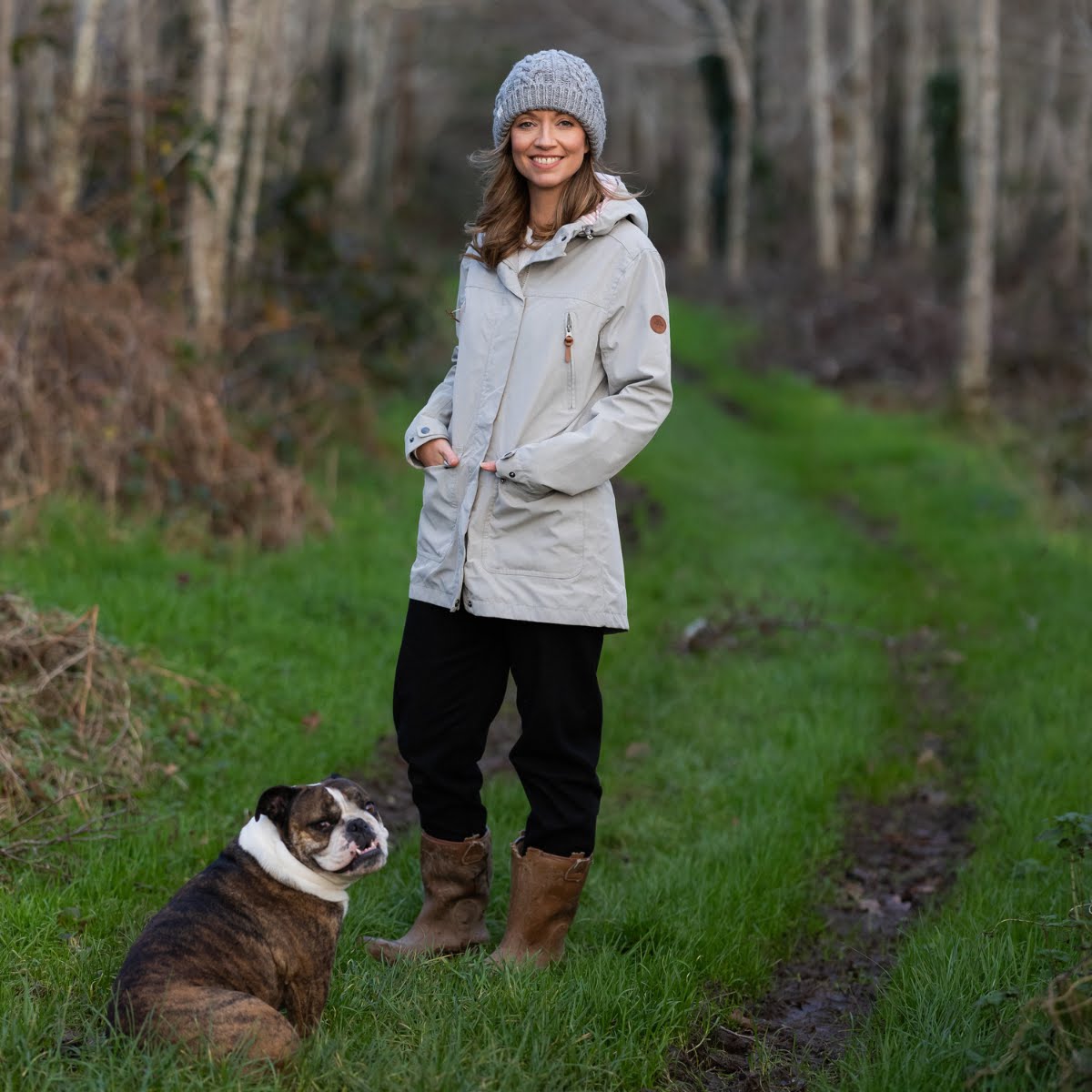Women at the Helm: Leader of the Social Democrats, Holly Cairns
Ireland ranks 104th globally in terms of female parliamentary representation, but this year a record number of 248 women are in the running for a seat in the Dáil — that’s an increase of 53% on 2020. As we inch closer to the polls, we’re meeting the women at the helm of various political parties, starting with Leader of the Social Democrats, Holly Cairns.
Spokesperson for Agriculture, Food and the Marine; Rural Development; Social Justice; and Disability, Holly Cairns is the youngest party leader in the Dáil. Her journey into the realm of politics began back in 2018 when she first began campaigning to Repeal the Eighth Amendment. Just a year later Holly won a seat on Cork County Council by a single vote and in 2020, was elected as a TD. In the last Dáil, there were a total of 18 TDs in Cork — Holly Cairns was the only woman.
As the Leader of the Social Democrats and a TD for Cork South-West, Holly’s priorities include—but are not limited to—holding the government to account for locking an entire generation out of home ownership, fighting for fairer compensation for survivors of mother and baby homes, meaningful climate action, and a sustainable future for the farming sector.
Leading the SocDems campaign from West Cork while heavily pregnant, we hear from Holly on her intentions ahead of the election, why representation matters, and how she advocates for women through her work…
The most effective way to change hearts and minds about political issues is to have open and honest conversations about issues you’re passionate about.
What was it that inspired you to pursue a career in politics?
I never thought that I would join a political party, let alone lead one! In hindsight, there were a lot of factors which led me to politics, particularly my experiences of growing up on a small dairy farm, being forced to emigrate after the crash and working in disability services abroad.
When I returned home and became active in the Repeal referendum campaign, I was frustrated that my values and the values of my community just weren’t being represented by local politicians. This led me to establishing a local branch of the Social Democrats, being elected as a Councillor, becoming a TD and ultimately the Party Leader — all in a five year period.
I took these steps for the same reasons I started out in politics, because I wanted the best possible platform to campaign for the issues and values which are most important to my community.
Why is it so important that we remain politically engaged?
If you’re wondering this, I know how you feel. This is exactly how I felt before I decided to get involved in politics. What’s the point in being engaged when nothing seems to change?
My opinion changed the night I knocked on my very first door during the Repeal referendum, full of nerves. A woman in her 70s answered and during the conversation, she moved from an “I don’t know enough about this so I’m not going to vote” to a very firm “yes”. And I moved from feeling apprehensive to feeling motivated. Because I learned first-hand how the most effective way to change hearts and minds about political issues is to have open and honest conversations about issues you’re passionate about. With friends, family or even total strangers on your doorstep!
Can you tell us the focus of your policies and intentions ahead of the election, particularly the policies that relate to women?
Our focus is tackling the crises we are facing in housing, health, disability services and childcare because these issues fall disproportionately on women. Unaffordable childcare and a shortage of paid leave is forcing mothers to leave employment. We would introduce an affordable public model of childcare and 12 months of paid leave for parents.
The lifting of the eviction ban has resulted in one parent families (the vast majority of which are women) making up 75% of those entering homelessness. We would introduce a no fault eviction ban and build 75,000 affordable homes to rent or buy.
A lack of adequate disability and health supports mean that responsibility falls on the family carer, who is most often a woman. We would deliver on the promise of universal healthcare, quality disability services and a right to home care. We also want to reform our abortion services and increase funding for measures to combat and prevent domestic, sexual and gender based violence.







